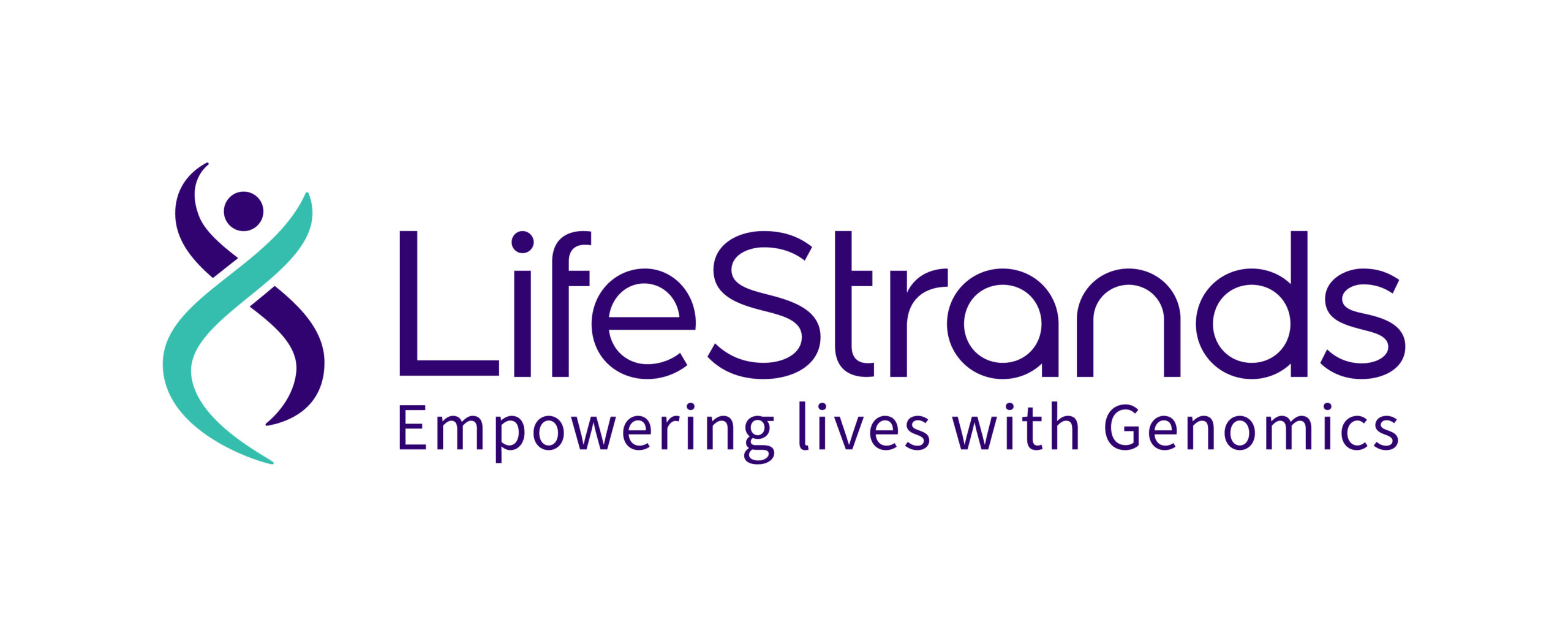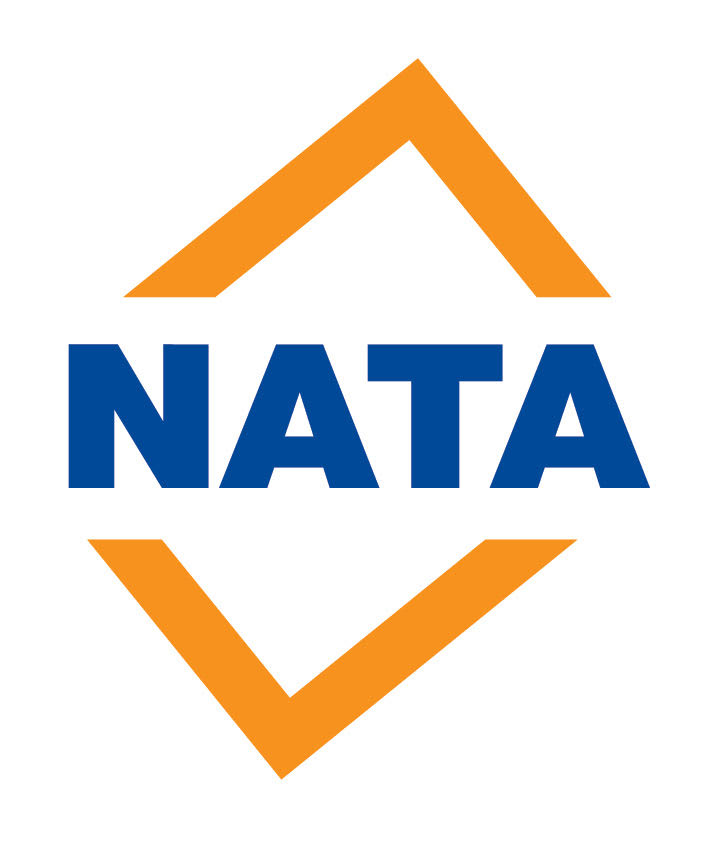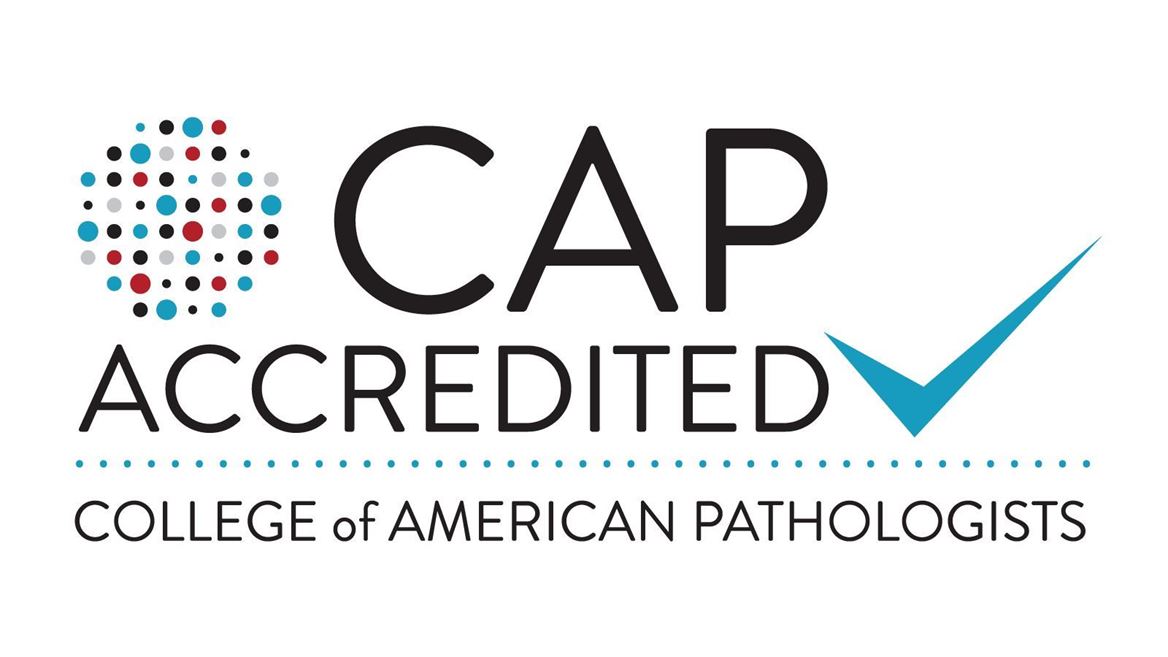Author: Dr Vivek Rathi
Medical Director, LifeStrands Genomics
(Issue No. 1)
At LifeStrands Genomics, we provide several molecular test options for almost all cancer types. While this allows clinicians to select a suitable test for each patient, it can also prove challenging to determine the best option from many available choices. While it is tempting to select the test that includes the largest number of genes and offers screening for many types of biomarkers, it may not always be the most suitable test, or even possible, for every case besides being costly. Similarly, a test that does not screen for all important biomarkers for a particular cancer type may prove unhelpful. While selecting an appropriate molecular test may be beneficial for therapy selection or of a diagnostic/prognostic value, a wrong-chosen test may lead to missing crucial molecular information and inappropriate management.

Here are some considerations to think about when selecting a test:
Panel Selection
- Which test has all the genes that should be ideally screened for a particular case that would provide the best chance for actionable mutations being discovered without being wasteful?
- Has a basic molecular test been performed, and are you seeking more information to help the patient with further management or clinical trials/compassionate drug access? Or is this the first time sending the patient’s sample for a molecular test?
- Is the molecular test requested because the patient has developed resistance to initial therapy?
- Is there an adequate amount of tissue available for a particular test? Or should you go for a smaller test panel for which the small amount of tissue may be adequate and still provide most of the information that might be useful?
- Are you confident that the genes of interest included in the chosen assay are covered adequately, and not just small foci of each gene (hotspots) are screened for and may not cover all the areas of interest?
- Is screening for fusions beneficial for a particular type of tumour? Or should you only consider testing for mutations (and copy number changes)? Or the case demands a comprehensive genomic analysis that includes all types of genetic aberrations (mutations, copy number changes, fusions, MSI, TMB etc). Please note, a 500 gene fusion assay will only screen for fusions in these genes and is not the same as a 500 gene comprehensive genomic analysis assay. For example, a fusion panel that includes BRAF will only screen for BRAF fusion (like BRAF-KIAA1549 fusion), which is prevalent in pilocytic astrocytoma. This panel will not screen for BRAF V600E mutation that is required for melanoma management.
Affordability and Turnaround Time
- Is the patient eligible for Medicare reimbursement for a particular test, or would the cost be borne by the patient?
- Do you need the results urgently within 2-4 days, or it is possible to wait for 10 days to 2 weeks for the report?
While it would be convenient to just offer one option for each cancer type, if all factors mentioned above are considered, there would be more than one option requiring careful consideration.
This table features a list of OncoStrands® test recommendations for some cancer types.
Rows highlighted in lavender are primary recommendations. The rest are circumstantial based available options.
NON-SMALL CELL LUNG CANCER |
||||
Circumstance(s) | Recommendation(s) | What is covered? | Relevant genes/biomarkers covered + comments (if any) | Medicare Coverage (Cost to the patient) |
Primary recommendation | Essential Combined (DNA + Fusions) | Mutations | Mutations – EGFR, KRAS, BRAF, NRAS, HER2 CNVs – HER2, MET Fusions – ALK, ROS1, RET, NTRK1, NTRK2, NTRK3 Others – MET ex 14 skipping mutations | Yes |
If only fusion testing is required (e.g. if initial EGFR testing has been done elsewhere or ALK/ROS1 IHC shows strong staining). | Essential Fusion | Fusions | Fusions – ALK, ROS1, RET, NTRK1, NTRK2, NTRK3 (and, MET ex 14 skipping mutations) | Yes |
If only mutations such as EGFR, HER2, KRAS, BRAF are required and not ALK, ROS1, RET fusions. | Essential DNA | Mutations | Mutations – EGFR, KRAS, BRAF, NRAS, HER2 CNVs – HER2 | Yes |
If repeat testing is requested due to drug resistance. | Essential Combined | Mutations | Resistance to EGFR TKI, ALK/ROS1 inhibitor, TRK inhibitor therapies is a usual phenomenon after a period of treatment. Resistance can develop due to various secondary mutations, CNVs or fusions. Repeat testing can provide valuable clues to the mechanism of resistance and may also guide further therapy. Hence a combined panel is recommended. | Yes |
If further exploratory testing is sought for comprehensive analysis, including TMB. | Comprehensive | Mutations | All the above-mentioned genes + TMB Includes other genes relevant to potential clinical trials. | No |
COLORECTAL CANCER |
||||
Circumstance(s) | Recommendation(s) | What is covered? | Relevant genes/biomarkers covered + comments (if any) | Medicare Coverage (Cost to the patient) |
Primary recommendation | Essential DNA | Mutations | Mutations – KRAS, NRAS, BRAF, HER2 CNVs – HER2 | Yes |
If MSI testing is required. | Extended | Mutations | All the above-mentioned genes + other relevant genes including MLH1, PMS2, MSH2, MSH6, MUTYH. Also provides a highly accurate MSI status (confirmatory MMR IHC testing is performed on all MSI unstable cases in our laboratory). Other genes of potential significance for clinical trials are also covered. | No |
If MMR IHC (MLH1, PMS2) is abnormal. | MLH1 Promoter Methylation | MLH1 | Only for MLH1 promoter methylation testing. | No |
STOMACH CANCER |
||||
Circumstance(s) | Recommendation(s) | What is covered? | Relevant genes/biomarkers covered + comments (if any) | Medicare Coverage (Cost to the patient) |
Primary recommendation | Extended | Mutations | Mutations – BRAF, RAS, HER2 CNVs– HER2 MSI and other genes relevant for clinical trials. | No |
If comprehensive genomic profiling is considered useful for the case. | Comprehensive | Mutations | All the above-mentioned genes + TMB. Fusions – NTRK1, NTRK2, NTRK3 Includes other genes relevant to potential clinical trials. | No |
MELANOMA |
||||
Circumstance(s) | Recommendation(s) | What is covered? | Relevant genes/biomarkers covered + comments (if any) | Medicare Coverage (Cost to the patient) |
Primary recommendation | Essential DNA | Mutations | Mutations – BRAF, NRAS, KIT, CDKN2A | Yes |
If further exploratory testing is required. | Comprehensive | Mutations | Besides all relevant mutations covered, the assay screens for TMB, which can be a useful biomarker in melanoma. NTRK fusions can also be found, albeit rarely in melanoma. | No |
CHOLANGIOCARCINOMA |
||||
Circumstance(s) | Recommendation(s) | What is covered? | Relevant genes/biomarkers covered + comments (if any) | Medicare Coverage (Cost to the patient) |
Primary recommendation | DNA 68 + Essential Fusion | Mutations | Mutations – IDH1, IDH2, FGFR, BRCA1, BRCA2 CNVs – HER2 Fusions – FGFR1, FGFR2, FGFR3, NTRK1, NTRK2, NTRK3 | No |
If MSI testing is considered. | Extended + Essential Fusion | Mutations | All the above-mentioned genes + MSI status | No |
PROSTATE CANCER |
||||
Circumstance(s) | Recommendation(s) | What is covered? | Relevant genes/biomarkers covered + comments (if any) | Medicare Coverage (Cost to the patient) |
Primary recommendation | Extended | Mutations | Mutations – BRCA1, BRCA2 and several other relevant HRR genes, including those with open clinical trials currently available in Australia. MSI – tumour-agnostic immunotherapy treatment in MSI unstable cases/clinical trials | Yes |
If further exploratory testing is required. | Comprehensive | Mutations | All the above-mentioned genes + TMB. Fusions – NTRK1, NTRK2, NTRK3 Includes other genes relevant to potential clinical trials. | No |
PANCREATIC CANCER |
||||
Circumstance(s) | Recommendation(s) | What is covered? | Relevant genes/biomarkers covered + comments (if any) | Medicare Coverage (Cost to the patient) |
Primary recommendation | Extended | Mutations | Mutations – BRCA1, BRCA2, BRAF, KRAS, HER2, PLAB2 CNVs – HER2 MSI, and other genes for clinical trial eligibility. | No |
If further exploratory analysis is required. | Comprehensive | Mutations | All the above-mentioned genes + TMB. Fusions – NTRK1, NTRK2, NTRK3 Includes other genes relevant to potential clinical trials. | No |
OVARIAN CANCER |
||||
Circumstance(s) | Recommendation(s) | What is covered? | Relevant genes/biomarkers covered + comments (if any) | Medicare Coverage (Cost to the patient) |
Primary recommendation | Extended | Mutations | Mutations – BRCA1, BRCA2, BRAF, HER2 CNVs – HER2 MSI, and other genes for clinical trials eligibility. | Yes |
Note: HRD panel for ovarian cancer being validated currently. This will be offered within the Comprehensive Panel as an optional addition to the test (at extra cost). This HRD panel has been developed by Illumina in collaboration with Myriad (which has FDA approved HRD test, myChoiceCDx). |
||||
ENDOMETRIAL CANCER |
||||
Circumstance(s) | Recommendation(s) | What is covered? | Relevant genes/biomarkers covered + comments (if any) | Medicare Coverage (Cost to the patient) |
Primary recommendation | Extended | Mutations | Mutations – POLE, TP53 CNVs – HER2 MSI, and other genes for clinical trials eligibility. | No |
BREAST CANCER |
||||
Circumstance(s) | Recommendation(s) | What is covered? | Relevant genes/biomarkers covered + comments (if any) | Medicare Coverage (Cost to the patient) |
Primary recommendation | DNA 68 | Mutations | Mutations – BRCA1, BRCA2, PIK3CA, PALB2 CNVs – HER2, and Other genes for clinical trials eligibility. | No |
If comprehensive genomic profiling is considered suitable | Comprehensive | Mutations | All the above-mentioned genes + TMB. Fusions – NTRK1, NTRK2, NTRK3 Includes other genes relevant to potential clinical trials. | No |
THYROID LESIONS |
||||
Circumstance(s) | Recommendation(s) | What is covered? | Relevant genes/biomarkers covered + comments (if any) | Medicare Coverage (Cost to the patient) |
Primary recommendation | Essential Combined | Mutations | Mutations – BRAF, KRAS, NRAS, HRAS, RET Fusions – RET, NTRK1, NTRK2, NTRK3 | No |
URINARY BLADDER |
||||
Circumstance(s) | Recommendation(s) | What is covered? | Relevant genes/biomarkers covered + comments (if any) | Medicare Coverage (Cost to the patient) |
Primary recommendation | Extended + Essential Fusion | Mutations | Mutations – BRAF, FGFR1, FGFR2, FGFR3 Fusions – FGFR2, NTRK1, NTRK2, NTRK3 | No |
If more comprehensive profiling considered suitable. | Comprehensive | Mutations | All the above-mentioned genes + TMB. Fusions – NTRK1, NTRK2, NTRK3 Includes other genes relevant to potential clinical trials. | No |
GIST (GASTRO-INTESTINAL STROMAL TUMOUR) |
||||
Circumstance(s) | Recommendation(s) | What is covered? | Relevant genes/biomarkers covered + comments (if any) | Medicare Coverage (Cost to the patient) |
Primary recommendation | Essential DNA | Mutations | Mutations – KIT, PDGFRA | No |
SARCOMA |
||||
Circumstance(s) | Recommendation(s) | What is covered? | Relevant genes/biomarkers covered + comments (if any) | Medicare Coverage (Cost to the patient) |
Primary recommendation | Comprehensive Fusion | Fusions | 501 fusion genes covered, of which roughly 180 genes are useful for sarcoma screening. The assay also detects novel fusion partners. NTRK fusions for targeted therapy also covered. | Yes |
If testing also requires mutation screening (only required in very select cases). | Comprehensive Fusion + DNA 68 | Mutations | In some spindle cell lesions, testing for mutations like GNAS, CTNNB1 is clinically important. | Partial |
BRAIN TUMOURS |
||||
Circumstance(s) | Recommendation(s) | What is covered? | Relevant genes/biomarkers covered + comments (if any) | Medicare Coverage (Cost to the patient) |
Only for IDH testing. | Essential DNA | Mutations | Mutations – IDH1, IDH2 CNVs – EGFR, CDKN2A/2B | Yes |
Glioma grading and IDH testing. | DNA 68 | Mutations | Mutations – IDH1, IDH2, TERT, BRAF CNVs – EGFR, CDKN2A/2B | Yes |
For glioma grading and IDH testing, and therapy. | DNA 68 + Essential Fusion | Mutations | Mutations – IDH1, IDH2, TERT, BRAF CNVs – EGFR, CDKN2A/2B Fusions – NTRK1, NTRK2, NTRK3 | Partial |
For pilocytic astrocytoma. | Essential Combined | Mutations | Mutations – IDH1, IDH2, TERT, BRAF CNVs – EGFR, CDKN2A/2B Fusions – BRAF | Partial |
For pilocytic astrocytoma, if only BRAF fusion testing required. | Essential Fusion | Fusions | Fusions – BRAF | No |
For midline and some other types of gliomas. | Extended | Mutations | Mutations – H3K27M, H3F3, HIST1H | No |
For NTRK and other fusion testing in paediatric glioma. | Comprehensive Fusion | Fusions | Fusions – NTRK1, NTRK2, NTRK3 and many other relevant fusions | Yes |
Glioblastoma requiring MGMT testing. | MGMT Promoter Methylation | MGMT | Only for MGMT promoter methylation testing. | Yes |
Note: A dedicated brain tumour panel with wide coverage of many tumour types is being validated for both adult and paediatric. To be offered soon. |
||||
The following OncoStrands® tests are mentioned in the recommendations above:
NGS for Tissue Biopsy
- Essential Combined (50 genes, screens for mutations, CNVs and fusions)
- Essential DNA (45 genes, detects mutations and CNVs)
- Essential Fusion (18 genes, fusion only)
- DNA 68 (68 genes, detects mutations and CNVs)
- Extended (108 genes for mutations, CNVs and MSI)
- Comprehensive Fusion (501 genes) – only screens for fusions
- Comprehensive (Illumina TSO500 panel, 523 genes) – for comprehensive analysis that includes mutations, CNVs, MSI and TMB. Also includes fusion testing for 55 of the included 523 genes.
Other Tests
- MGMT Promoter Methylation
- MLH1 Promoter Methylation
For further information, please refer to the “Clinicians – Test Menu” page on the LifeStrands Australia website for the description of each assay and links to brochures, including the full gene list for each assay. For other tumour types or scenarios not included in the list above, please contact us to discuss other testing options.
Click here to download the PDF version of this article.







